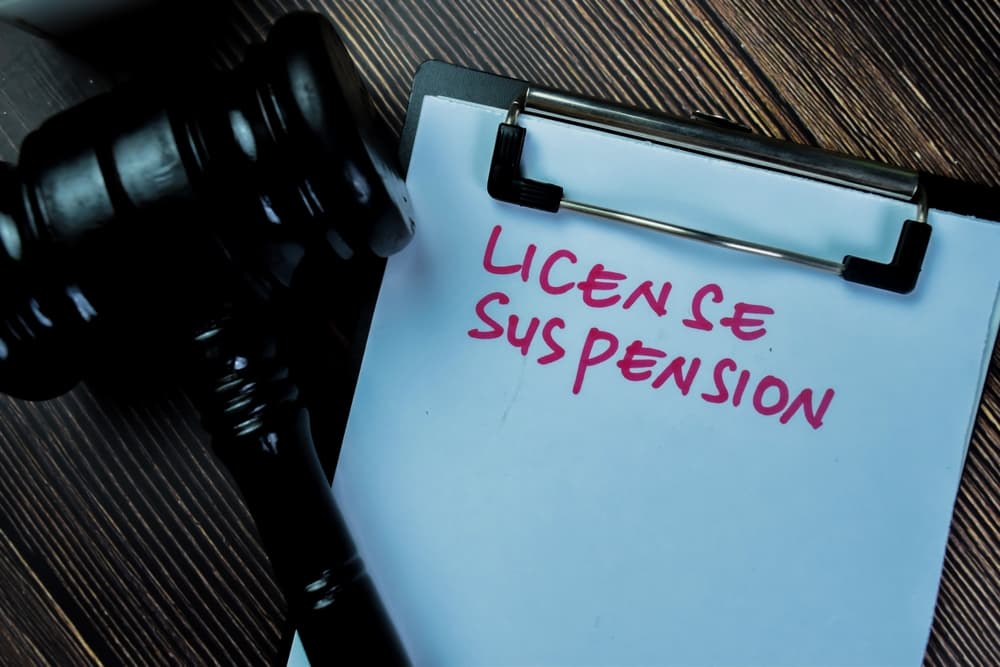If you’ve ever been pulled over or heard about someone facing drunk driving charges, you may have asked yourself, what does DWI stand for? It might sound like just another legal acronym, but the meaning behind those three letters carries major consequences—ones that could impact your freedom, your finances, and your future.
DWI stands for Driving While Intoxicated. While it’s often used interchangeably with DUI (Driving Under the Influence), DWI is its own legal classification in many states, particularly in Texas. This article breaks down not only what DWI stands for but also what it could mean for you legally—through real-life stories, simplified explanations, and an analytical look at the laws behind the charge.
Let’s clear up the confusion and give you the full picture. Because once you understand what DWI stands for, you’ll see why it’s not something you can afford to ignore.
Breaking Down the Acronym: What Does DWI Stand For?
What does DWI stand for? The answer is simple on the surface—Driving While Intoxicated. But dig deeper, and you’ll find it’s a complex legal designation used to describe someone who operates a motor vehicle while impaired by alcohol, drugs, or a combination of both.
In states like Texas, DWI is the official term used for impaired driving offenses. The law states that you’re considered legally intoxicated when your blood alcohol concentration (BAC) is 0.08% or higher, or if you’re physically or mentally impaired due to drugs or alcohol—even if your BAC is under the legal limit.
So while DWI may seem like just a label, it comes with serious legal weight.

Is DWI the Same as DUI?
This is one of the most common questions people ask after they’ve figured out what does DWI stand for. The short answer? It depends on the state.
In Texas and several other states, there’s a legal distinction:
- DWI (Driving While Intoxicated) applies to adults driving under the influence of alcohol or drugs.
- DUI (Driving Under the Influence) typically applies to minors under 21 caught with any detectable amount of alcohol in their system.
Other states flip the terminology, or use DUI as the umbrella term that includes DWI. That’s why it’s crucial to understand your state’s definitions. If you’re pulled over in Texas, DWI is the charge you’re most likely to face as an adult.
Real-Life Example: One Letter, Two Lives Changed
Ashley and her younger brother Ryan were both pulled over in separate incidents just six months apart in San Antonio. Ashley, 27, was charged with DWI after a night out with friends. Ryan, only 19, was charged with DUI after being caught with a trace of alcohol in his system—he hadn’t even had a full beer.
Though both were drinking, their charges were different because of their ages. Ashley faced jail time, a suspended license, and thousands in fines. Ryan, while still penalized, faced a lighter sentence and mandatory alcohol education. Knowing what DWI stands for versus DUI helped their attorney craft different defenses for each of them.
How Law Enforcement Determines Intoxication
Once you understand what does DWI stand for, the next question is: how do police determine someone is intoxicated?
1. Field Sobriety Tests
Officers often start with a set of field tests that evaluate balance, coordination, and attention. Common examples include:
- Walk-and-turn test
- One-leg stand
- Horizontal gaze nystagmus (eye movement) test
While not scientific, these tests help officers justify probable cause.
2. Breathalyzer Tests
The breathalyzer measures your BAC, and in many cases, a result of 0.08% or higher is enough to secure a DWI arrest. However, these machines aren’t perfect—and improper calibration or user error can throw off the results.
3. Blood and Urine Tests
If officers suspect drug impairment, they may request a blood or urine test. In Texas, refusal can lead to automatic license suspension under implied consent laws.
Understanding how intoxication is determined is essential for anyone trying to fight a DWI charge.

Legal Consequences of a DWI
Once you know what DWI stands for, it’s important to know what happens if you’re convicted. The penalties can be severe—even for first-time offenders.

First-Offense DWI in Texas
- Class B misdemeanor
- Up to 180 days in jail
- Fines up to $2,000
- License suspension: 90 days to 1 year
- Ignition interlock device (required if BAC is 0.15% or higher)
- Mandatory DWI education programs
Second or Third Offense
- Jail time: Up to 10 years for repeat offenses
- Heavier fines and longer suspensions
- Felony charges if there are aggravating circumstances (child in the car, injury, death)
When people ask what does DWI stand for, they rarely realize how deep the consequences go. Beyond legal penalties, a conviction can impact your job, housing, and even your right to vote or own a firearm (if it’s a felony DWI).
Is DWI a Criminal Offense?
Absolutely. In Texas and most states, DWI is a criminal offense—not a civil citation or traffic ticket. It goes on your permanent criminal record and can show up on background checks for years.
That’s why hiring an attorney is critical. You’re not just dealing with a fine—you’re fighting to keep your record clean and your future intact.
DWI and Professional Licenses
Once you understand what does DWI stand for, you also need to understand how it could affect your career. A DWI conviction doesn’t just stay in the courtroom—it can seep into your livelihood and reputation within your industry.
Many professional boards—including those for nurses, lawyers, teachers, realtors, and pilots—require license holders to report any DWI conviction. This can result in:
- Investigations
- License suspension or revocation
- Mandatory substance abuse counseling
- Career-ending disciplinary actions
Even a first-time offense could trigger a disciplinary review that puts your credentials at risk. In competitive fields where reputation matters, even the appearance of misconduct can end a career prematurely. One bad decision behind the wheel can derail an entire professional career, regardless of prior accomplishments.

The Social and Financial Costs of a DWI
Beyond court and legal consequences, DWIs come with long-term social and financial burdens. These penalties can linger for years, well after the fines are paid and the license is reinstated.
- Auto insurance premiums can double or triple
- Employment opportunities may be limited
- Public embarrassment can strain relationships and reputation
- Transportation costs increase without a driver’s license
Some people even lose housing opportunities due to background checks triggered by a DWI conviction. The total cost—when you add in legal fees, lost wages, and treatment programs—can run into tens of thousands of dollars. When people ask what does DWI stand for, they’re usually thinking about driving. But the truth is, the ripple effect touches nearly every part of your life.
Can a DWI Be Expunged?
In Texas, expunging a DWI from your record is rare, but possible under certain conditions. For example:
- If your case was dismissed
- If you were found not guilty
- If you completed a deferred adjudication program (available only in limited cases)
You’ll need to file a petition and attend a hearing. Even then, expungement isn’t guaranteed. Still, if you qualify, it’s one of the few ways to fully clear your record.
What Happens If You Refuse a Breath Test?
Texas has strict implied consent laws. That means by driving on Texas roads, you’ve agreed in advance to chemical testing if suspected of DWI.
Refusing a breathalyzer may seem like a good idea in the moment, but it comes with serious consequences:
- License suspension for 180 days (first refusal)
- The refusal can be used against you in court
- You may still be forced to submit to a mandatory blood draw
So while you’re asking what does DWI stand for, remember—it also stands for legal obligations once you’re pulled over.

The Role of a DWI Defense Attorney
If you’ve been charged, a DWI defense attorney can change everything. They understand how to challenge:
- The legality of the traffic stop
- The validity of the field or chemical tests
- The reliability of police reports
- The qualifications of arresting officers
A good attorney doesn’t just plead your case—they build a strategy to protect your record, reduce charges, or even get the case dismissed.
Real-Life Case: Fighting Back Against a DWI Charge
Carlos, a 39-year-old construction foreman in Houston, was pulled over for swerving late at night. The officer administered field sobriety tests, which Carlos failed—but he refused the breath test.
Charged with DWI, he immediately hired an attorney. The attorney proved that Carlos’s swerving was due to a pothole and that he had physical impairments unrelated to alcohol. The DWI was dropped, and Carlos kept his license and job.
Knowing what DWI stands for helped Carlos take the right steps—and avoid a conviction.
Final Thoughts: What Does DWI Stand For—and Why It Matters
So, what does DWI stand for? It stands for Driving While Intoxicated—but it means so much more than just three words. It means legal trouble, financial burden, professional risk, and social stigma.
But it also means you have options.
Whether you’ve been charged or want to stay informed, knowing the facts gives you power. You can fight back, make informed decisions, and protect your future. A DWI doesn’t have to define you—but understanding what it stands for is the first step in taking control.

